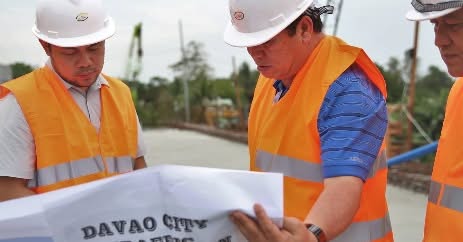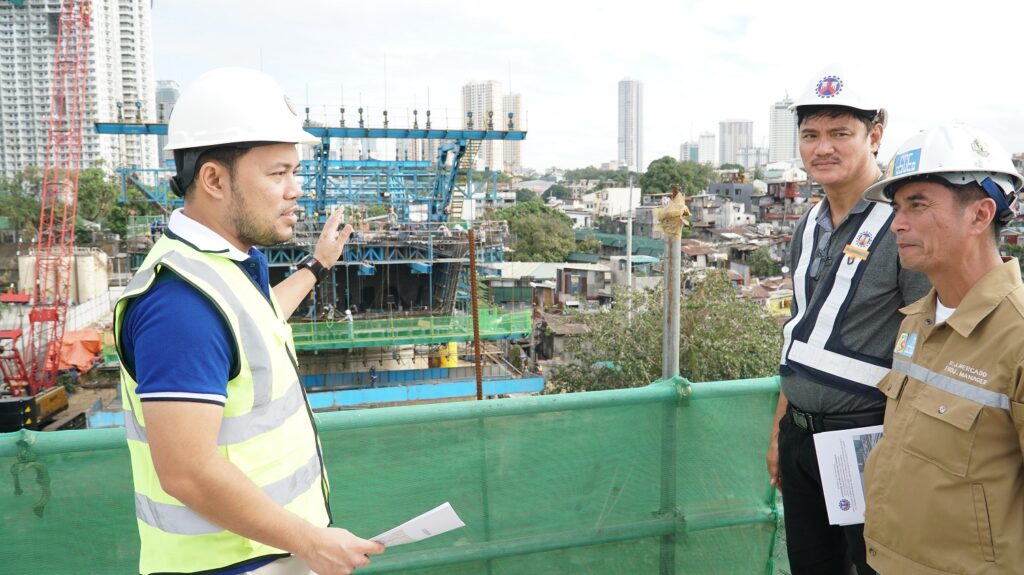The ASEAN Parliamentarians for Human Rights (APHR) has expressed its full backing to the petition filed by fisherfolk and environmental groups Pamalakaya and Kalikasan in December 2024, asking the Supreme Court (SC) of the Philippines to issue a writ of kalikasan and a continuing mandamus to junk all reclamation permits and Environmental Compliance Certificates (ECCs) granted to companies involved in reclamation projects in Manila Bay.
In its statement issued out of its Jakarta office, APHR said the petition responds to the widespread environmental damage caused by these reclamation projects and their devastating impact on the livelihoods of local fisherfolk and coastal communities. It also seeks to reinforce the intent of House Bill 02026, a legislative measure filed by the Gabriela Women’s Party. The bill calls for the declaration of Manila Bay as a reclamation-free zone and imposes penalties for violators.
Malaysian Member of Parliament (MP) and APHR member Lee Chean Chung declared: “We stand with Pamalakaya, Kalikasan and the fisherfolk communities in their brave fight to protect Manila Bay and the livelihoods of those who depend on it. The reclamation projects currently underway are not only an environmental disaster but also a direct violation of human rights.”
These projects have already caused significant harm to the marine ecosystem and have drastically reduced fish catch, particularly in coastal communities that line Manila Bay. Reclamation not only disrupts the natural balance of the marine ecosystem but also violates the right to a healthy environment for those who rely on the bay for their survival. The 23 reclamation projects permitted by the administrations of Rodrigo Duterte and Ferdinand Marcos Jr. have blocked the natural flow of water from Metro Manila to Manila Bay, worsening recurrent flooding in the region. In 2023, President Ferdinand Marcos Jr. ordered a moratorium on reclamation activities until the DENR completes a cumulative impact assessment. However, critics said the projects never stopped.
“These projects threaten the very foundation of coastal communities, whose survival is intricately tied to the health of the Bay,” cautioned Indonesian Member of Parliament (MP) and APHR Co-chairperson, Mercy Christy Barends. “The failure of the Department of Environment and Natural Resources (DENR) and the Philippine Reclamation Authority (PRA) to uphold their duties only highlights the urgent need for legal action to stop this destructive practice,” she added.
Angelina Sarmento, Timor Leste Member of Parliament (MP) and APHR Board Member explained that “considering the imposed moratorium, it is clear that the reclamation activities authorized by the DENR and PRA are illegal,” She further explained that, “these agencies, which are responsible for granting clearances for such projects, have failed to protect the environment and the rights of the Filipino people.”
APHR said these reclamation projects are not just environmental and economic failures—they are human rights violations. They threaten the livelihoods of fisherfolk, who are already facing severe challenges due to overfishing, pollution, and climate change. Sustainable development must prioritize people’s rights, health, and livelihoods, not corporate profits. APHR remains committed to standing with Filipino communities in their fight for a future that respects human rights and the environment—a future that is sustainable, equitable, and just for all.
The legal actions being taken by Pamalakaya and Kalikasan are part of a broader movement for environmental justice and human rights, and APHR will continue to support their efforts to defend the communities and ecosystems threatened by these harmful projects.’’ “We applaud the ongoing efforts to advance House Bill 02026, which reflects a critical step towards protecting Manila Bay from further reclamation projects,” concluded Charles Santiago, APHR Co-chairperson and former member of the Malaysian parliament. He added, “we urge lawmakers in the Philippine House of Representatives and the Senate to give this bill the attention it deserves when it is lobbied this February”. (DIEGO MORRA)




